Research for Kindergarten Science
Research is the process of finding information about a particular topic. It involves asking questions, making observations, and looking for answers. In kindergarten science, research can involve exploring and learning about the world around us, such as plants, animals, and the environment.
Study Guide for Research in Kindergarten Science
- Ask Questions: Encourage students to ask questions about things they are curious about. For example, "Why do plants need sunlight?"
- Make Observations: Have students observe the world around them and take note of interesting things they see. This could be done during a nature walk or by observing a class pet.
- Use Books and Websites: Introduce students to age-appropriate books and websites that provide information about science topics. For example, a book about different types of animals or a website with interactive activities about the weather.
- Conduct Experiments: Simple experiments can help students learn about cause and effect, and develop critical thinking skills. For example, planting seeds and observing how they grow with different amounts of water.
- Record Findings: Encourage students to draw pictures or write about what they have learned. This can be in the form of a science journal or a simple report about a specific topic.
By introducing the concept of research in kindergarten science, students can start developing a curious and inquisitive mindset, setting the stage for a lifelong love of learning and exploration.
.◂Science Worksheets and Study Guides Kindergarten. Weather
Coloring Worksheet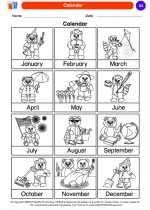 Calendar
Calendar  Coloring Worksheet
Coloring Worksheet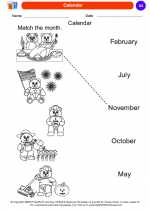 Calendar
Calendar  Coloring Worksheet
Coloring Worksheet Day and Night
Day and Night  Coloring Worksheet
Coloring Worksheet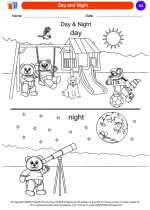 Day and Night
Day and Night  Coloring Worksheet
Coloring Worksheet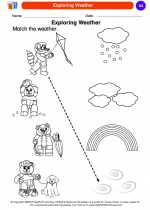 Exploring Weather
Exploring Weather  Coloring Worksheet
Coloring Worksheet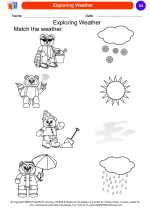 Exploring Weather
Exploring Weather  Coloring Worksheet
Coloring Worksheet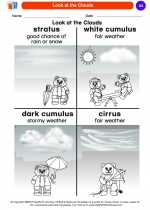 Look at the Clouds
Look at the Clouds  Coloring Worksheet
Coloring Worksheet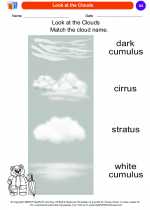 Look at the Clouds
Look at the Clouds  Coloring Worksheet
Coloring Worksheet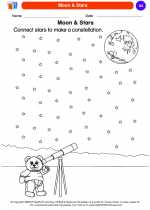 Moon & Stars
Moon & Stars  Coloring Worksheet
Coloring Worksheet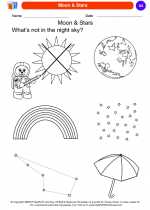 Moon & Stars
Moon & Stars  Coloring Worksheet
Coloring Worksheet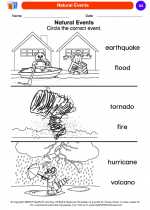 Natural Events
Natural Events  Coloring Worksheet
Coloring Worksheet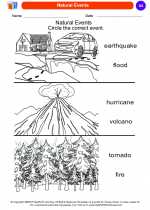 Natural Events
Natural Events  Coloring Worksheet
Coloring Worksheet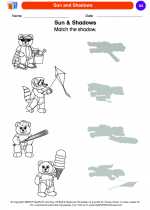 Sun and Shadows
Sun and Shadows  Coloring Worksheet
Coloring Worksheet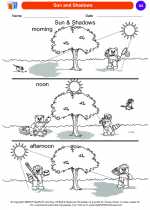 Sun and Shadows
Sun and Shadows  Coloring Worksheet
Coloring Worksheet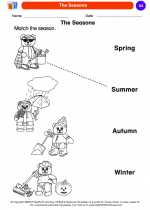 The Seasons
The Seasons  Coloring Worksheet
Coloring Worksheet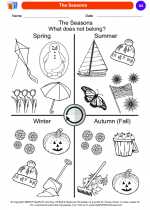 The Seasons
The Seasons  Coloring Worksheet
Coloring Worksheet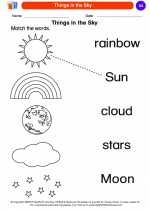 Things in the Sky
Things in the Sky  Coloring Worksheet
Coloring Worksheet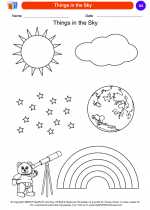 Things in the Sky
Things in the Sky  Coloring Worksheet
Coloring Worksheet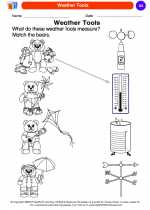 Weather Tools
Weather Tools  Coloring Worksheet
Coloring Worksheet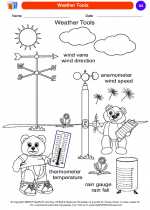 Weather Tools
Weather Tools 

 Coloring Worksheet
Coloring Worksheet
 Coloring Worksheet
Coloring Worksheet
 Coloring Worksheet
Coloring Worksheet
 Coloring Worksheet
Coloring Worksheet
 Coloring Worksheet
Coloring Worksheet
 Coloring Worksheet
Coloring Worksheet
 Coloring Worksheet
Coloring Worksheet
 Coloring Worksheet
Coloring Worksheet
 Coloring Worksheet
Coloring Worksheet
 Coloring Worksheet
Coloring Worksheet
 Coloring Worksheet
Coloring Worksheet
 Coloring Worksheet
Coloring Worksheet
 Coloring Worksheet
Coloring Worksheet
 Coloring Worksheet
Coloring Worksheet
 Coloring Worksheet
Coloring Worksheet
 Coloring Worksheet
Coloring Worksheet
 Coloring Worksheet
Coloring Worksheet
 Coloring Worksheet
Coloring Worksheet
 Coloring Worksheet
Coloring Worksheet

The resources above cover the following skills:
EARTH AND SPACE SCIENCE (NGSS)
Earth’s Systems
Students who demonstrate understanding can:
Use and share observations of local weather conditions to describe patterns over time.